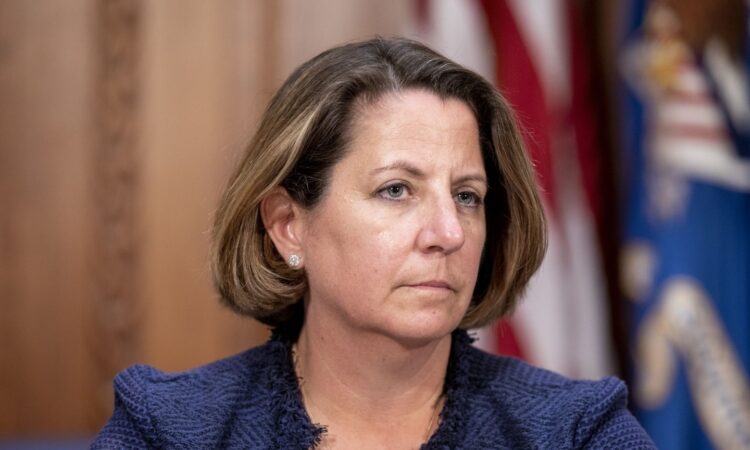
The Washington Post has previously reported that a number of high-profile inmates, including former USA Gymnastics doctor Larry Nassar, singer R. Kelly and Boston Marathon bomber Dzhokhar Tsarnaev have kept and spent thousands of dollars with their prison accounts, while paying only small amounts of court-ordered restitution to their victims. In each of those cases, prosecutors went to court to force the Bureau of Prisons to turn over the money — a process that has been criticized as unfair to victims and counterproductive, since it requires one arm of the Justice Department to go to court against another arm of the same department.
Deputy Attorney General Lisa Monaco wrote the memo Monday to “encourage prosecutors to file restitution pleadings or to include restitution calculations in sentencing” documents. “Prosecutors should request that sentencing courts order that restitution be due and payable immediately, but if courts order otherwise, prosecutors should propose that payment plans be set at ‘the shortest time in which full payment can reasonably be made,’” the memo says.
Jason Wojdylo, who spent years at the U.S. Marshals trying to get the Bureau of Prisons to change its policy on inmates’ accounts and has since retired from government, called Monaco’s new memo “maddening” because “it does nothing to address the problem.”
For years, Wojdylo said, federal prosecutors “have been doing everything they can to collect court-imposed debt inmates owe to victims,” and without any help from the Bureau of Prisons. Wojdylo said that’s apparently because the inmates often use that money to buy things from the prison commissary system, and that system ultimately pays for tens of millions of dollars in prison worker salaries every year.
Under the current system, there are no limits on how much money inmates can keep in their prison accounts, and last year The Post reported that roughly 20 inmates kept at least $100,000 apiece in their prison accounts. The agency only requires inmates to pay a minimum of about $9 a month toward whatever restitution they owe, though officials say they encourage inmates to pay more.
In private discussions with the Justice Department this year, the Bureau of Prisons pushed back against efforts to make inmates pay much more of their court-ordered restitution to crime victims, in part because the money they would use helps fund salaries and benefits for hundreds of agency staff positions, according to documents and interviews.
Monaco’s new memo notes that last year, she instructed the Bureau of Prisons to more closely monitor how much money inmates keep in their accounts, and said the agency is “strengthening” policies in order “to apply additional funds toward restitution.”






